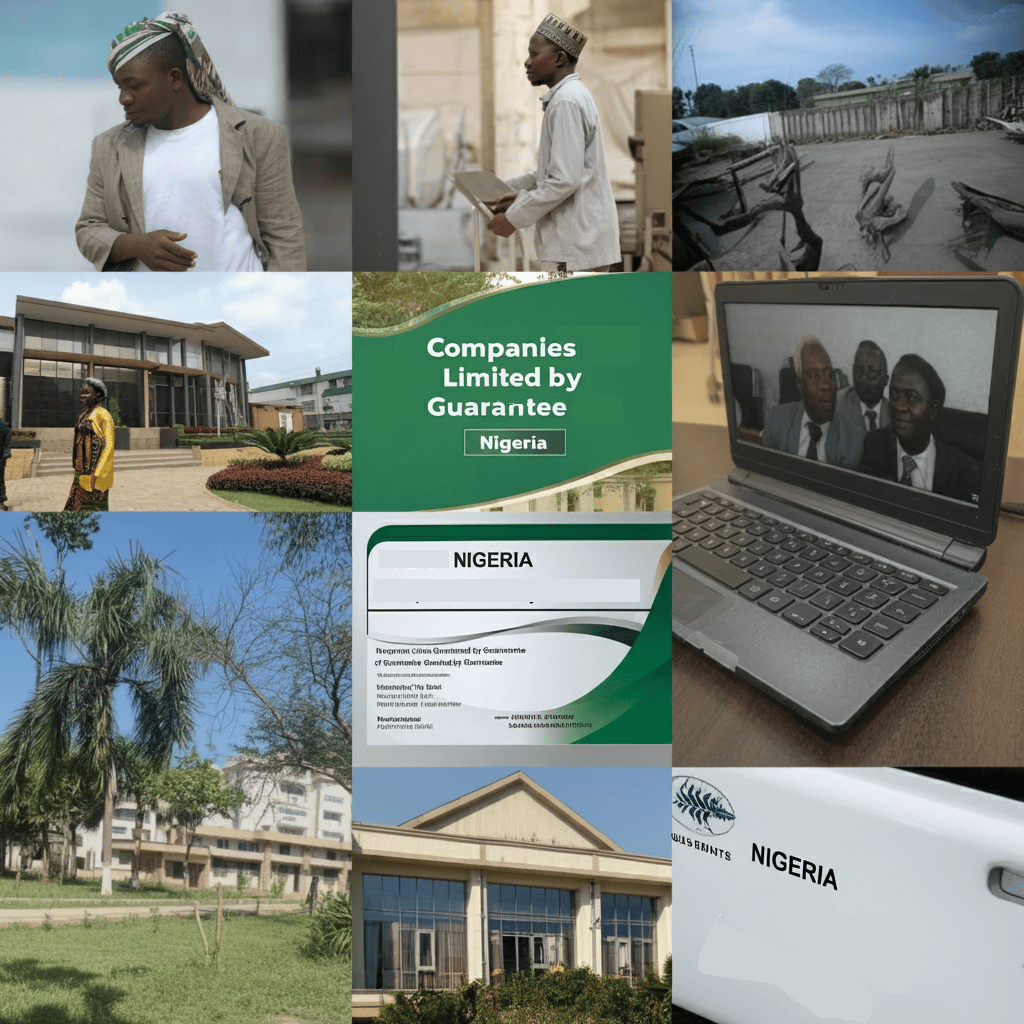
Types and Uses of Company Limited by Guarantee in Nigeria
A Company Limited by Guarantee (CLG) is a unique legal structure recognized under the Companies and Allied Matters Act (CAMA) 2020 in Nigeria. It is designed for organizations that operate for non-profit purposes, focusing on activities that benefit the public. Unlike companies limited by shares, a CLG does not have shareholders but members who guarantee a nominal amount to cover the company’s liabilities if it winds up.
This article explores the types of CLGs in Nigeria and their common uses, highlighting their significance in fostering societal development.
Types of Companies Limited by Guarantee in Nigeria
Although the Companies and Allied Matters Act does not specifically categorize CLGs, they can be classified based on their objectives and operational focus:
Charitable Organizations:
These include entities established to provide aid, relief, and assistance to underprivileged or vulnerable groups. Their objectives typically revolve around poverty alleviation, disaster relief, or support for orphans, widows, and the elderly.Educational Institutions:
Many schools, training centers, and research institutes are structured as CLGs. These entities aim to provide affordable or free educational services, promote literacy, and conduct research that benefits society.Religious Organizations:
Some faith-based organizations use the CLG structure to promote spiritual growth, moral development, and community support services.Professional and Trade Associations:
Associations formed to promote the interests of a particular profession or trade—such as bar associations, engineering societies, or chambers of commerce—often adopt the CLG model.Health and Medical Services:
Health-focused CLGs operate to provide affordable or free medical services, raise awareness about health issues, and promote medical research.Cultural and Artistic Institutions:
CLGs in this category work to preserve cultural heritage, promote artistic endeavors, and foster creativity.Environmental Organizations:
These CLGs focus on environmental conservation, climate change advocacy, and sustainable development initiatives.
Uses of a Company Limited by Guarantee in Nigeria
CLGs serve a variety of purposes, mainly aligned with public interest and societal development. Below are some of their primary uses:
1. Promoting Social Welfare
CLGs are extensively used to tackle societal challenges such as poverty, inequality, and access to basic needs like food, shelter, and healthcare. For instance, a CLG can establish food banks, homeless shelters, or free medical clinics.
2. Advancing Education
Many CLGs run schools, scholarship programs, or vocational training centers to promote knowledge and skills development. For example, vocational training centers like the Dakkada Skill Acquisition Centre (DASAC) in Akwa Ibom State can be structured as a CLG to empower individuals with skills.
3. Facilitating Research and Development
CLGs can support research activities in areas like science, technology, and medicine. These organizations may partner with academic institutions or fund independent research to address pressing societal issues.
4. Supporting Advocacy and Human Rights
CLGs often engage in advocacy for human rights, gender equality, and legal reforms. They provide a platform for individuals and groups to voice concerns and push for systemic changes.
5. Preserving Culture and Heritage
Organizations focused on the preservation of Nigeria’s rich cultural heritage and traditions often adopt the CLG model. They host events, run museums, or sponsor cultural festivals.
6. Religious and Ethical Development
Faith-based CLGs promote spiritual and moral growth, community development, and ethical values. They may also engage in charitable activities such as running orphanages or offering free counseling services.
7. Professional Development
Professional bodies use the CLG structure to regulate their industries, provide training and certification, and promote best practices within their professions.
8. Environmental Conservation
Environmental CLGs work to protect Nigeria’s ecosystems, combat deforestation, and raise awareness about climate change. They organize cleanup campaigns, tree-planting initiatives, and sustainability programs.
Advantages of Using a CLG
Tax Exemptions:
Many CLGs qualify for tax exemptions, reducing operational costs.Public Trust and Credibility:
The CLG structure enhances credibility, making it easier to attract grants, donations, and partnerships.Limited Liability:
Members’ liability is limited to their guarantees, providing financial security to individuals involved.Legal Recognition:
A CLG is recognized as a separate legal entity, allowing it to own property and enter into contracts independently.
Challenges in Operating a CLG
- Regulatory Oversight: CLGs must adhere to strict regulations, including obtaining Attorney General consent and complying with Corporate Affairs Commission (CAC) requirements.
- Funding Limitations: As non-profit entities, they cannot distribute profits, which may restrict their ability to raise capital.
- Accountability: High levels of transparency and accountability are required, which can be administratively demanding.
Conclusion
A Company Limited by Guarantee in Nigeria is an essential legal framework for organizations dedicated to public good. Whether advancing education, promoting social welfare, or preserving the environment, CLGs play a crucial role in societal development. Despite the challenges, their benefits—such as limited liability, tax exemptions, and public trust—make them a valuable choice for non-profit initiatives.
For individuals or groups looking to make a positive impact in Nigeria, the CLG structure offers a reliable and legally robust foundation for their mission.


